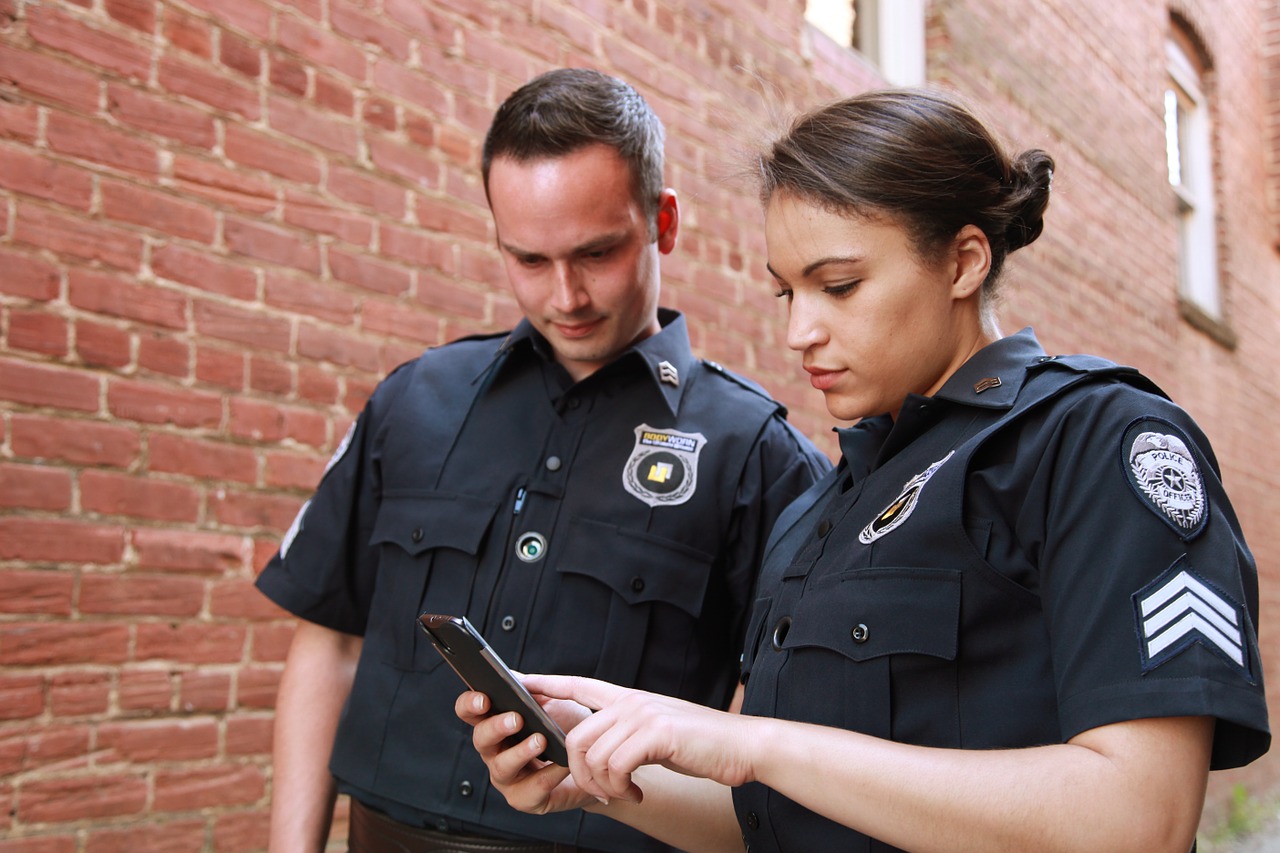Blog

Why Public Safety Officers Should Stay Off Social Media During An Insurance Claim
Insurance offers valuable benefits to injured or disabled public safety officers. However, insurance companies will investigate very thoroughly before approving a claim. In fact, they may even use your personal social media content to disprove your claim. Here are a few ways to protect yourself on social media during the claims process:
Check Your Privacy Settings
Most social media platforms offer the option of setting your profile to “private.” This keeps your content hidden from users who do not follow you, but your profile itself is still easy to find. Remember that nothing on social media is completely private, as users can download or share your content. This applies to “disappearing” content found on platforms like Snapchat as well. Users may feel safer sending photos on Snapchat, but it is easy for anyone to screenshot these messages. If any content surfaces that contradicts your claim, you are at high risk of getting denied. As a result, it may be a better option to deactivate your social media accounts during the entirety of the claims process. Facebook, Instagram and Twitter have options to disable your account temporarily. This ensures all your previous posts and data are available when you are ready to come back to social media.
Be Aware of Private Investigators
If you report an impairment due to your condition, investigators will likely attempt to catch you behaving otherwise. This applies to social media as well. Private investigators may take on an alias when researching your behavior online, making it important that you deny all follow requests from those you do not know personally. You should never act in contradiction to your reported condition, and should definitely never post about it online. Even seemingly innocent photos of you engaged in leisure activity may place your claim at risk. These can be used to argue that your quality of life has not suffered due to your condition, and therefore disability insurance is not necessary. Until the claims process is complete, it is best to function as though your actions are being monitored against your claim.
Notify Your Friends and Family
You are not the only one who must be careful on social media during an insurance claim— your family and friends must be aware of what they are sharing as well. Tagging others on Facebook and Instagram is common practice, but can cause problems when making a claim. If a friend posts footage of you engaged in activity that does not represent your current condition, your claim may be scrutinized. Your friends and family must also have their guard up against private investigators looking to follow them under a false name. While your activity is of the highest priority for investigators, others’ content can also be used to falsify your claim. Let your friends and family know that you are going through the claims process, and request that they refrain from tagging you or posting content involving you until the process is complete.
Summary
Injuries warranting disability insurance are a common risk for public safety officers. As a result, insurance companies are quick to monitor social media and daily activity to disprove the claim. Officers must carefully consider the content they share online or deactivate their accounts altogether during the claims process. The claimant’s family and friends must also be aware of how they approach social media, as investigation is not limited to the claimant alone.


